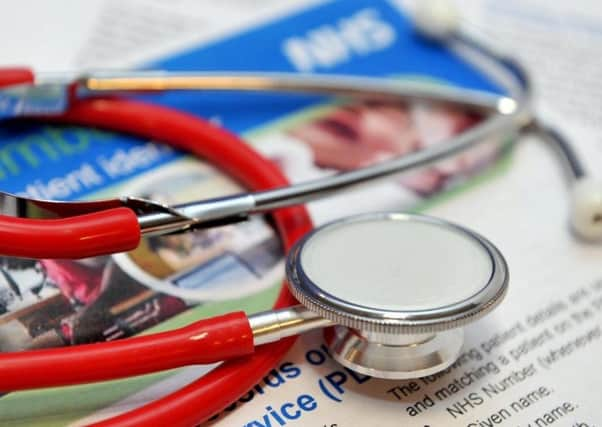The Yorkshire Post says: Exploitation of NHS must stop. Foreign patients must pay up


After all, these are funds which could otherwise be spent on priorities like cancer care – and the reason travellers are all expected to take out health insurance is to cover the cost of treatment in the event of sudden illness.
Yet, while medical staff would never turn away people in urgent need of treatment, they need to find a more effective way of recouping costs and stopping the exploitation of the NHS’s compassion and professionalism.
Advertisement
Hide AdAdvertisement
Hide AdThe fact that the main hospital trust in Leeds had £388,000 outstanding at the end of 2016-17 – and had already written off more than a third of this sum as a bad debt – shows the scale of the problem.
After all, the £1.3m said to be outstanding across Yorkshire alone as some trusts use public money to hire debt collectors could be spent on the pioneering new “one-stop shops” being launched to speed up cancer diagnosis.
Ten locations – including Airedale Hospital in this region – will trial a new scheme that will see GPs be able to refer patients complaining about ‘vague’ symptoms that may, or may not, be related to cancer.
The hope is some people will receive a definitive diagnosis, which could be crucial to their future treatment, or be given the all-clear on the same day, thereby easing the pressure on those GPs struggling to cope with the demands of a rising and ageing population. If the pilot works, funds should be found for its expansion nationwide.
Advertisement
Hide AdAdvertisement
Hide AdAnd, while it should be pointed out that most overseas patients do cover the cost of their treatment, action should be taken against the small minority whose needs mean less money is available for priorities like cancer care.